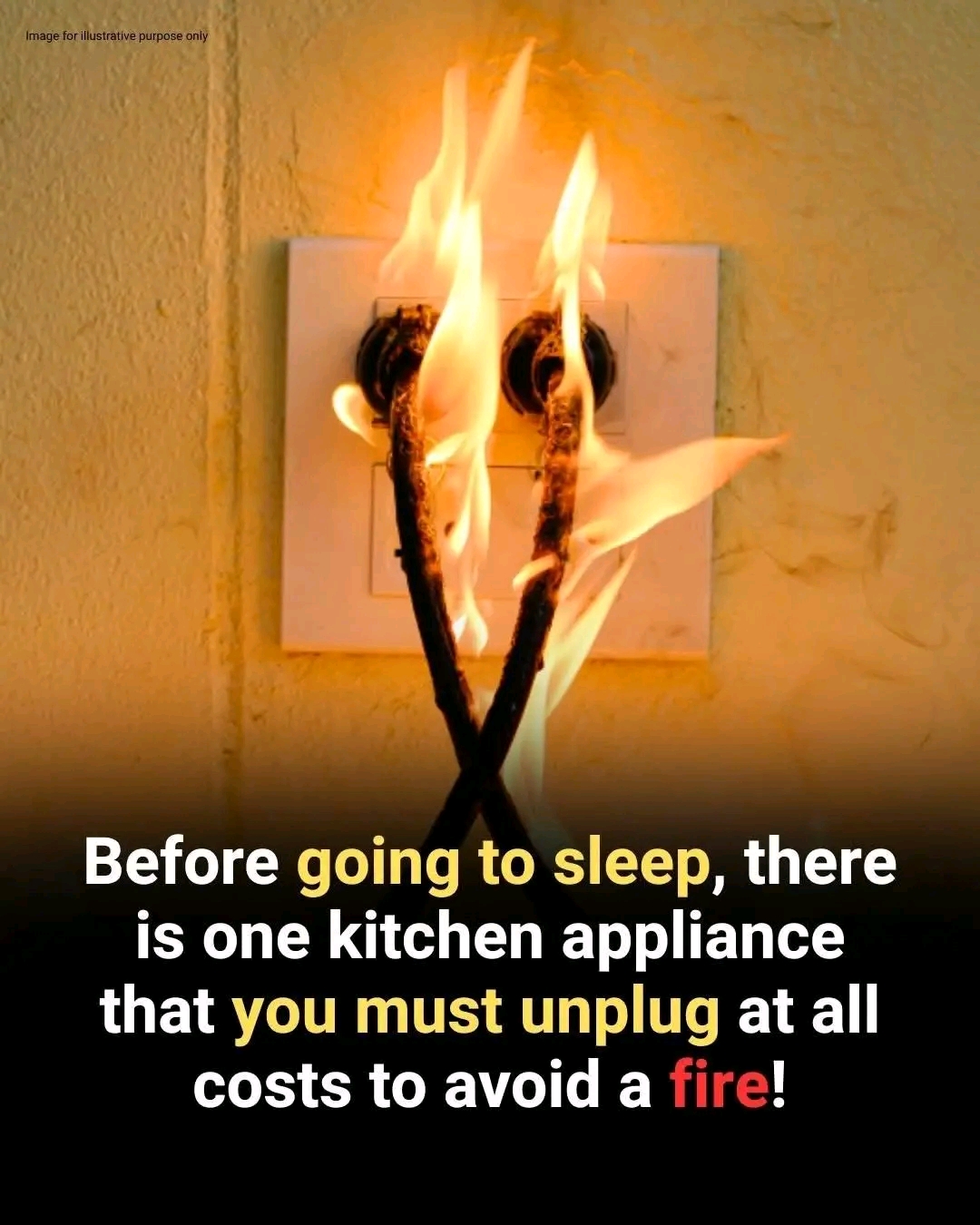Introduction
Modern life depends on appliances — but even when they’re turned off, many of them continue to use electricity. Known as “phantom” or “vampire” energy, this standby power drain can quietly add to your utility bill and put unnecessary strain on your home’s electrical system. Fortunately, there’s a simple solution: unplugging certain appliances when they’re not in use. Doing so can save energy, reduce fire risk, and even extend the life of your devices.
Origin and Cultural Significance
The concept of unplugging devices for energy conservation gained traction in the early 2000s, when energy-efficiency programs began highlighting phantom energy as a hidden cost in homes. Countries like Japan and Germany incorporated energy-conscious habits into their daily routines, while U.S. campaigns like Energy Star raised awareness. Today, unplugging has become both an eco-conscious act and a financially smart habit, embraced by minimalists, green households, and frugal homeowners alike.
Ingredients Quantity (Appliance List)
Here are 5 key appliances that should be unplugged after use:
- Toasters and Toaster Ovens
- Coffee Makers
- Microwaves
- Chargers (Phone, Laptop, Tablet)
- Entertainment Systems (TVs, Game Consoles, Streaming Devices)
Optional Additions
To further boost energy savings and protection, consider also unplugging:
- Air fryers or countertop ovens
- Power strips (especially those powering idle electronics)
- Electric kettles
- Blenders and food processors
- Printers or home office equipment
Tips for Success
- Use smart power strips: These can automatically shut off power to devices when not in use.
- Group appliances together: Plug related devices into the same strip for easier control.
- Label plugs: Make it quick and easy to know which plug goes to what.
- Set reminders: Place sticky notes near outlets or add phone alerts until it becomes a habit.
- Unplug before vacations: This is especially important when no one is home for days or weeks.
Instructions (How to Implement)
- Identify your phantom power culprits — look for appliances with lights, clocks, or standby modes.
- Unplug manually after use, especially for single-use items like toasters or coffee makers.
- Install smart plugs or timers for hard-to-reach or frequently used items.
- Educate household members to create a shared habit of unplugging.
- Track your energy bill over 1–2 months to see the difference in savings.
Description
Unplugging appliances is a low-effort, high-reward strategy. These small changes, like pulling the plug on your toaster after breakfast or unplugging your TV before bed, add up to tangible savings and safety benefits. It takes just seconds, but the long-term impact is significant — lower bills, reduced carbon footprint, and fewer risks of overheating or electrical issues.
Nutritional Information (Energy Impact Per Appliance, Approx.)
| Appliance | Average Standby Power | Annual Cost (USD) |
|---|---|---|
| Toaster Oven | 1–2 watts | $1–2 |
| Coffee Maker | 2–5 watts | $2–5 |
| Microwave | 3–7 watts | $3–8 |
| Phone Charger | 0.3–0.5 watts | <$1 |
| TV + Accessories | 5–20 watts | $10–20+ |
Note: These numbers vary based on usage patterns and energy rates, but over a year, the savings can be noticeable — especially across multiple devices.
Conclusion
Unplugging your appliances isn’t just a small act — it’s a smart step toward a safer, more energy-efficient home. Phantom power might seem minor, but when multiplied across several devices and months, it adds up in both dollars and environmental impact. Awareness and simple daily habits can protect your home, your wallet, and the planet.
Recommendation
- Start with easily accessible appliances like kitchen gadgets and chargers.
- Use power strips to manage entertainment systems or office setups.
- Create a nighttime unplugging routine for devices not in use while sleeping.
- Involve the family and make unplugging a shared effort.
Embracing Healthful Indulgence
While unplugging may seem like a minor inconvenience, it’s a powerful reminder that small choices matter. Just as mindful eating or exercise habits improve physical health, energy-conscious practices enhance your home’s well-being. By unplugging — literally and figuratively — you foster a more intentional, responsible lifestyle. And in a world of constant consumption, that’s a refreshing kind of indulgence.

